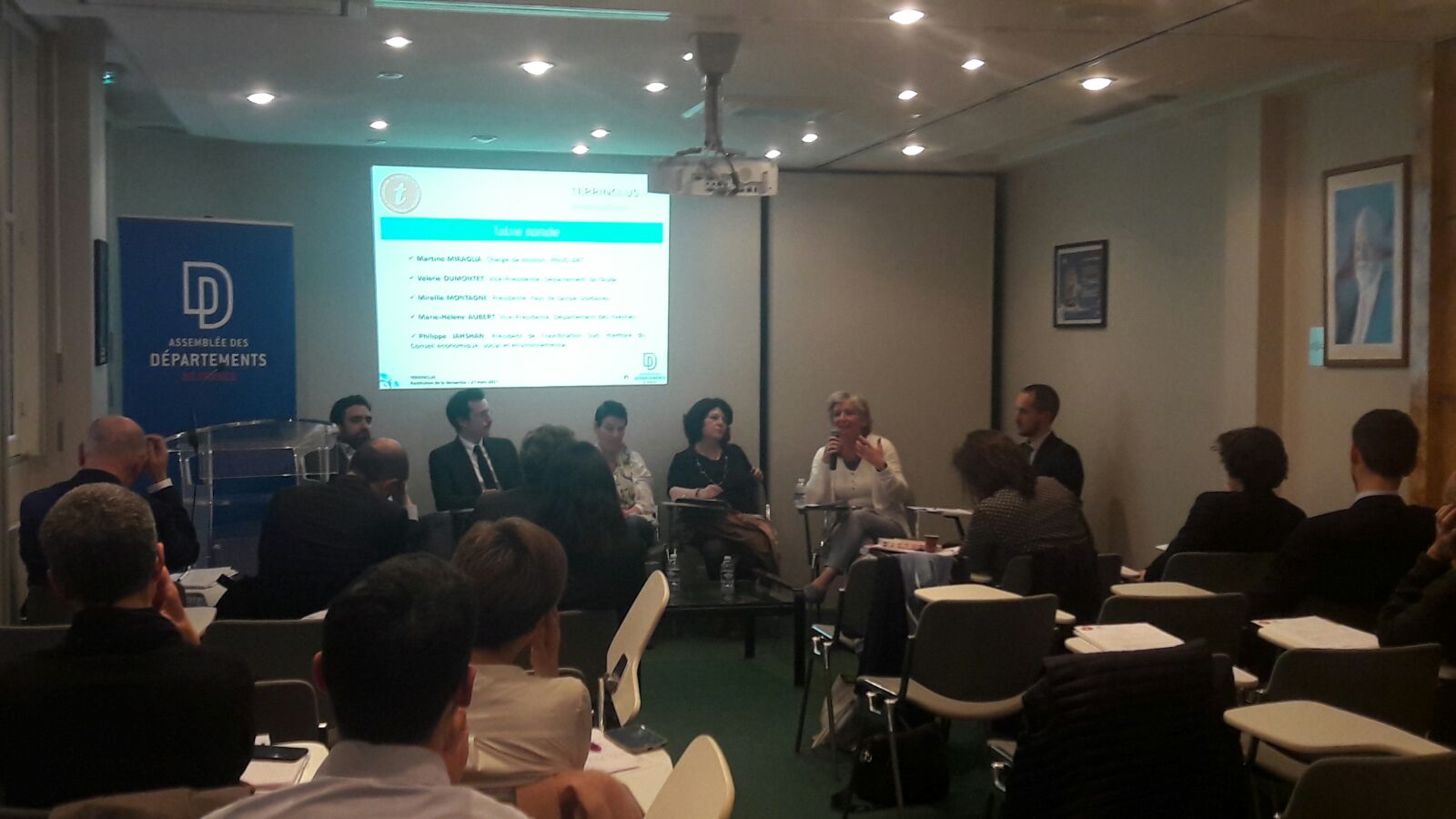
Since ensuring good cooperation projects became the backbone for the achievement of a sustainable and inclusive local development in France, the French Departments Assembly (Assemblée des Départements de France) conducted a two-stage project combining research with action to address this matter. The objective was to promote best practices in the field of international cooperation to encourage French Departments to launch their own cooperation experiences.

French decentralized cooperation has unveiled that adopting a social action approach and a focus on the fight against vulnerability and exclusion can be strategic to deal with prevailing economic, political and legal obstacles. Additionally, the introduction of the 2014 Development policy and International Solidarity Act in France, opened the way for integrating the territorial approach as a means to provide joint solutions. Reflecting this growing priority, French cooperation policy is seeking to form links across borders to foster partnerships between the territories and associations or NGOs to face common challenges.
Thus, the French Departments Assembly played a fundamental role in translating this new vision of territorial cooperation into action. The first phase of the project, the research one, that lasted from 2013 to 2015, consisted on the analysis of 27 projects on sustainable and inclusive local development conducted by local actors and/or associations/NGOs that were linked to them. The outcome was the elaboration of a methodological guide for the development of an international cooperation programme in the field of local action entitled: Agir en coopération pour un développement local durable et inclusif (mars 2015).
The second phase “TERRINCLUS”, that took place between 2015 and 2017, entailed the implementation of the recommendations that came out from the methodological guide through ten pilot projects. This stage relied on three pillars:
As a result, a number of technical datasheets were drafted and published aiming at capitalizing the pilot projects driven by a wide range of stakeholders (departments, cities, associations and NGOs). This output may be useful, not only for actors in international cooperation but also for experts in social action. The whole process has been successful in advocating and disseminating innovative practices in matters related to the protection of vulnerable groups and the fight against social exclusion.

Comments